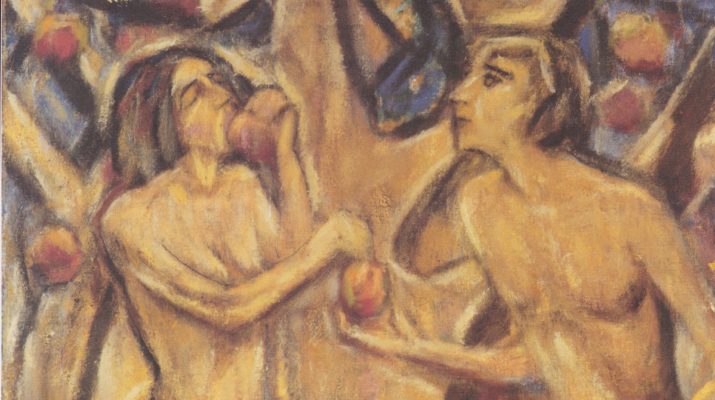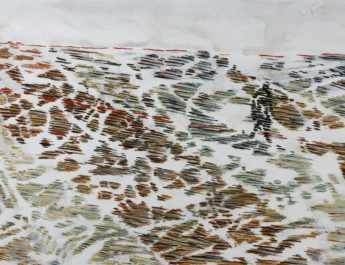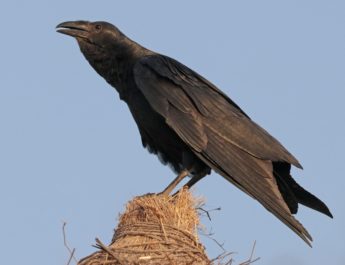Genesis 2:15-17 & 3:1-7
Lent A14
15 The LordA GodB took the manC and put him in the gardenD of EdenE to tillF it and keepG it.
16 And the Lord God commanded the man, “You may freely eatH of every tree of the garden; 17 but of the tree of the knowledgeI of goodJ and evilK you shall not eat, for in the day that you eat of it you shall die.”L
1 Now the serpentM was more craftyN than any other wild animalO that the Lord God had made. He said to the woman,P “Did God say, ‘You shall not eat from any tree in the garden’?”
2 The woman said to the serpent, “We may eat of the fruit of the trees in the garden; 3 but God said, ‘You shall not eat of the fruit of the tree that is in the middle of the garden, nor shall you touchQ it, orR you shall die.’”
4 But the serpent said to the woman, “You will not die;S 5 for God knowsT that when you eat of it your eyes will be opened, and you will be like God, knowing good and evil.”
6 So when the woman saw that the tree was good for food,U and that it was a delightV to the eyes, and that the tree was to be desiredW to make one wise,X she took of its fruit and ate; and she also gave some to her husband,Y who was with her, and he ate.
7 Then the eyes of both were opened, and they knew that they were naked;Z and they sewed fig leaves together and made loinclothsAA for themselves.
Image Credit: “Adam and Eve” by Christian Rohlfs, circa 1916.




